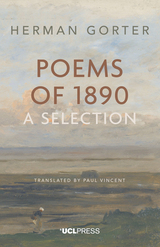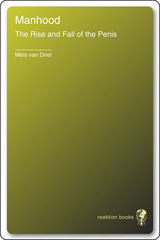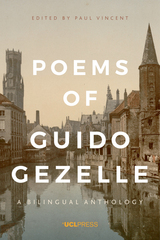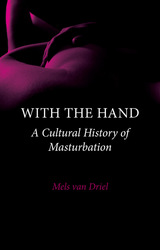



People call it everything from “walking your dog” to “scratching your bean.” Women usually do it at home. Men, it sometimes seems, do it everywhere. Some people think it’s healthy; others think it is a sin that will send you straight to hell. But while many people declare that everyone’s doing it, no one actually talks about it—outside the pages of Cosmo, masturbation is among the most taboo of topics, not suitable for polite society or public conversation.
READERS
Browse our collection.
PUBLISHERS
See BiblioVault's publisher services.
STUDENT SERVICES
Files for college accessibility offices.
UChicago Accessibility Resources
home | accessibility | search | about | contact us
BiblioVault ® 2001 - 2024
The University of Chicago Press









